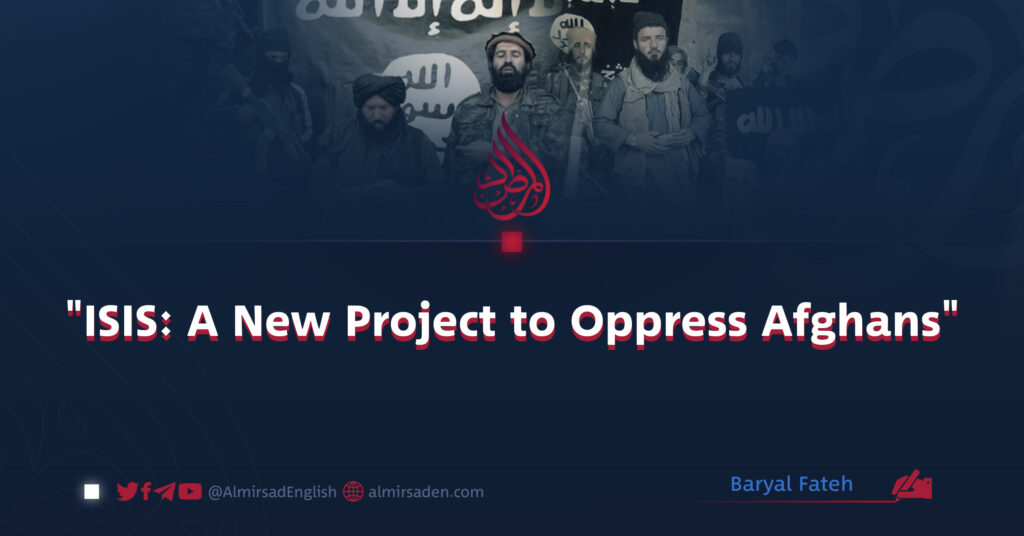Written by: Baryal Fateh
Afghanistan, renowned for its strategic geographical positioning and rich resources, has endured prolonged hardships under the influence of external forces. Despite numerous endeavors to assert dominance over the nation, all efforts have ultimately proved unsuccessful. Consequently, these forces have resorted to alternative strategies, aiming to keep Afghanistan in a weakened state in order to exploit its vulnerabilities for their own regional interests.
The establishment of peace in Afghanistan would empower the nation to be self-sufficient in electricity generation, eliminating the reliance on energy imports from Tajikistan. Furthermore, attaining stability would facilitate the extraction of oil, thereby reducing dependence on Iranian imports. Additionally, the promotion of industrial growth would cultivate a self-sustaining market, lessening the need for Pakistani exports.
Hence, these powers find themselves unable to pursue their goals through conventional means in this context; all avenues are obstructed and corrupted. Consequently, the activation of a proxy entity like ISIS appears to be their final recourse.
Aside from propagating religious extremism, ISIS poses a substantial threat to economic activities, commerce, and overall development. The group targets influential individuals, often resorting to assassinations, thereby creating opportunities for personalities such as Ahmad Massoud and Dostum to reassert their influence within Afghanistan.
Ahmad Massoud, based in France, has been waiting on promises from Tajikistan that they will weaken the Taliban through ISIS and establish a government for him once again. Yet, he remains unaware that forming a government here again is merely a dream that will never come true.
Pakistan endeavors to portray the region as unstable to the global community, aiming to attract financial assistance under the guise of restoring security—funds which Pakistan may redirect to alleviate its financial burdens.
In this region, ISIS serves as a potent tool for the United States to hinder China’s investments, particularly in crucial infrastructure projects. Reports indicate that ISIS is not a religious entity by nature, but rather a proxy force financed by regional intelligence agencies to further specific agendas. These agencies exploit ISIS to destabilize the region, utilizing it to perpetuate insecurity within Afghanistan.
